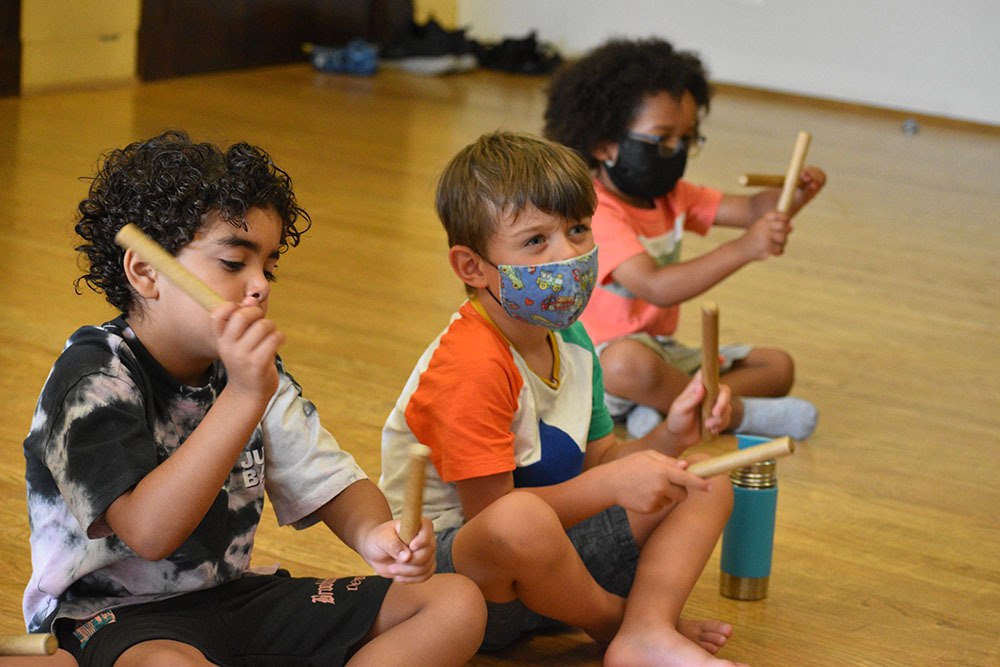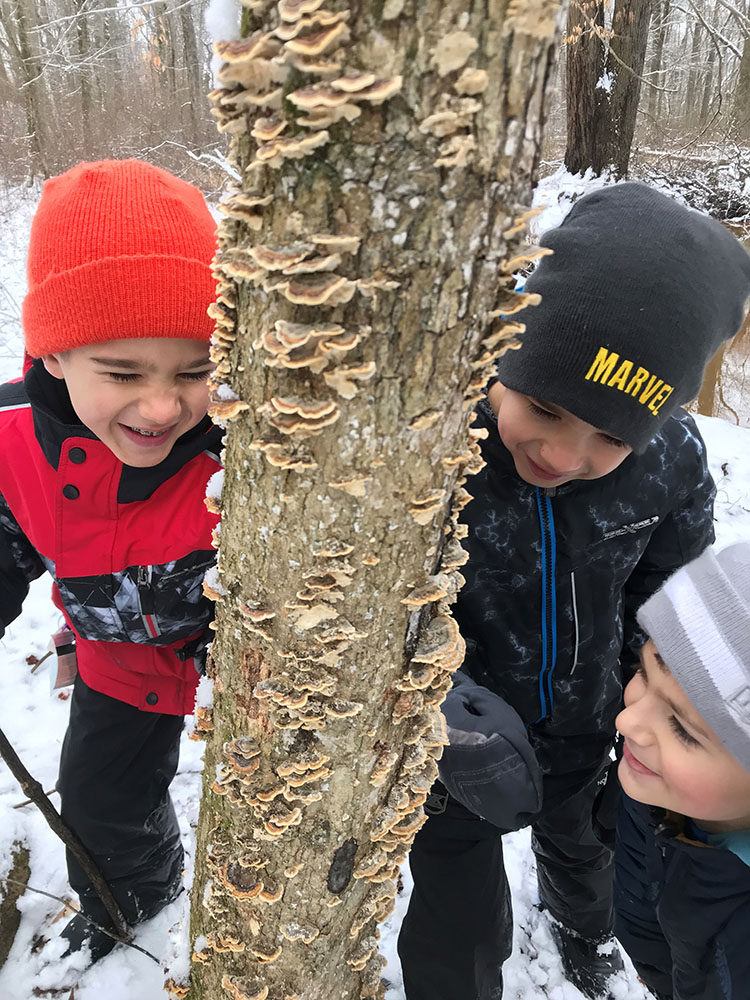The second of the three “Rs,” writing turns out to be just as viable an extracurricular activity as the other two academic pillars. Reading’s long been the core of after-school book clubs; ’rithmetic has spurred a raft of Mathlete-type student competitions. Now creative writing has become a burgeoning endeavor for young authors in the Delaware Valley, one that benefits kids in class and out.
Creative writing, says Mary Buckelew, director of the Pennsylvania Writing and Literature Project, “can help children become confident in a variety of areas, whether it’s in school, applying for summer jobs or even persuading their parents to buy them an iPhone.” The discipline also bolsters several other important life skills.
- Kids stretch their imagination to dream up plot and atmospherics.
- Creative writing’s an enjoyable way to develop reading, grammar, punctuation and language fundamentals.
- It provides an emotional outlet for self-expression.
- It hones empathy, allowing kids to put themselves in someone else’s shoes and experiences past their own purview.
- It boosts self-confidence as they share and take pride in a finished piece.
Writing inspiration is everywhere
After-school writing programs tangibly show junior scribes that inspiration for a story can be found anywhere, at any time, not just on demand during writing period in school. “I’m a great believer in having a writer’s notebook to collect ideas” when they occur, says Buckelew.
During the three Saturday workshops Buckelew’s project will hold this fall at West Chester University, teens 13 to 18 will participate in activities based on the entire writing process, starting with brainstorming ideas and crafting leads. Instructors will provide feedback along the way.
At Mighty Writers’ Philly-based after-school program, feedback is provided not only by session leaders but by the enrolled 3rd to 8th graders themselves, who discuss and critique the work they and their peers craft. This helps to develop critical thinking, says director of education Rachel Loeper. Over the course of the program, kids study various styles of writing — informative, persuasive, narrative, poetry — and create two projects in each genre. Teachers emphasize the revision process as students hone their technique.
“We celebrate the end of every project as a culminating event,” Loeper says. “Parents are invited to our space and students can read pieces that they put a lot of time and thought into.”
Pre-college creative writing prep
For high schoolers who plan to major in prose-centric disciplines, creative writing classes are an opportunity to assemble a strong portfolio prior to the college-application period.
This fall, 9th through 12th graders have a pair of accelerated options at the University of the Arts in Philadelphia. “The classes are at a college-freshman level,
so they are vastly similar to what it would be like in a first-year writing course,” says pre-college programs director Rosi Dispensa. The first class, which concentrates on short stories, instills fundamentals like developing theme, character and dialogue. A second, during which students will craft their own memoirs, is new this year.
As their portfolios take shape, students meet with college admissions counselors to evaluate their work. At the end of each course, kids will have two to four finished pieces, as well as a collaborative project created by the class.
Even for youngsters who see writing as more of a hobby than a potential career path, Loeper says creative writing classes still have value: “If you’re thinking clearly and writing clearly, you’re better able to make smarter decisions. And that leads to success.”






